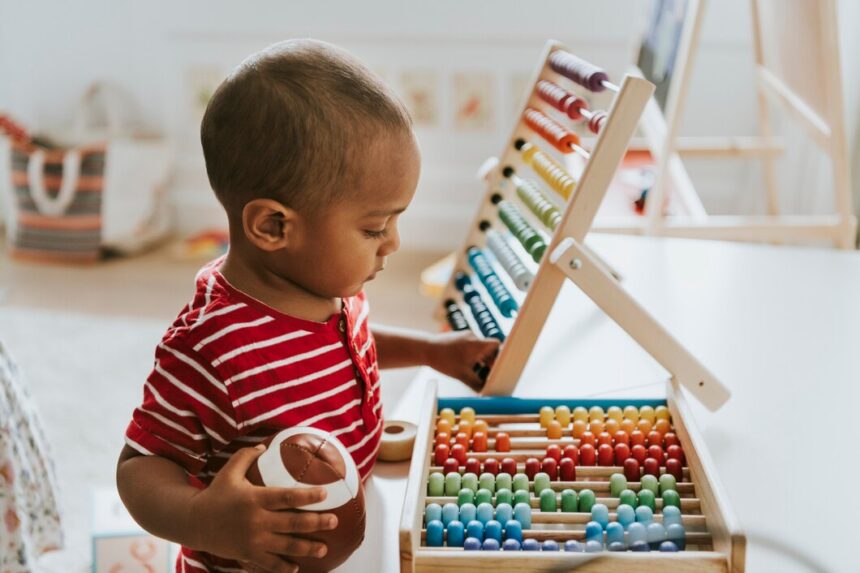At 2.5 years old, toddlers are rapidly developing new skills and becoming more independent. This stage is marked by significant growth in language, motor skills, social interaction, and cognitive abilities. Here’s a look at some common milestones you can expect during this exciting time:
1. Language Development
- Vocabulary Growth: At 2.5 years, toddlers typically have a vocabulary of 200-1,000 words. They start combining words into simple sentences, such as “I want juice” or “Mommy help.”
- Understanding and Following Directions: They can follow simple instructions like “Please pick up the toy” or “Give me the ball.”
- Improved Pronunciation: Though their speech may still be unclear at times, they are better at pronouncing words and making themselves understood.
2. Motor Skills
- Gross Motor Skills: Toddlers refine their ability to run, jump, and climb. They can navigate stairs with some assistance and may start to kick or throw a ball with greater control.
- Fine Motor Skills: They can manipulate small objects, such as stacking blocks, turning pages in a book, or using utensils to eat with increasing skill. They may also start to show interest in drawing simple shapes.
3. Cognitive Development
- Problem-Solving: They begin to solve simple problems, like figuring out how to fit a shape into a puzzle or using a toy to reach an object.
- Imaginative Play: Toddlers engage in imaginative play, such as pretending to cook, play house, or act out familiar scenarios with toys.
4. Social and Emotional Development
- Independence: They seek more independence and may insist on doing tasks themselves, such as dressing or feeding. This desire for autonomy is a normal part of their development.
- Emotional Expression: They can express a range of emotions, including happiness, frustration, and anger, and might have tantrums when they don’t get their way or are overwhelmed.
- Social Interaction: They start to show interest in playing with other children, though their play is often parallel rather than cooperative. Sharing and turn-taking skills are still developing.
5. Self-Care Skills
- Toilet Training: Some toddlers may show readiness for potty training, though readiness varies widely among children. They might express discomfort with dirty diapers or show interest in using the toilet.
- Feeding and Dressing: They can use a spoon or fork with increasing dexterity and may start to help with dressing, such as putting on simple clothing items like hats or shoes.
6. Behavior and Learning
- Curiosity: They are naturally curious and eager to explore their environment, asking questions and testing boundaries as they learn about the world around them.
- Memory: They begin to remember past events and can recall familiar routines or places, which helps them feel secure and understand their daily schedule better.
Each child develops at their own pace, and variations in reaching these milestones are completely normal. Encouraging exploration, providing a supportive environment, and engaging in interactive play can help foster their development and growth during this dynamic stage of early childhood. If there are any concerns about a child’s development, consulting with a pediatrician can provide guidance and support.










